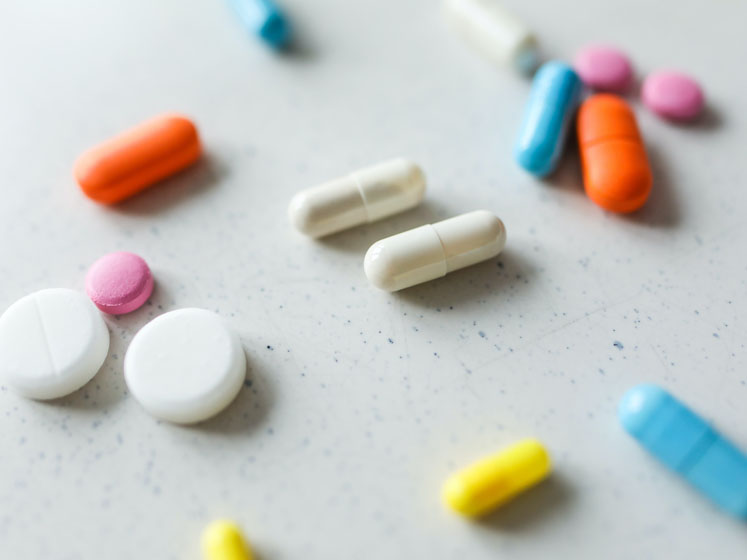The UK government has committed in legislation to reach net-zero carbon emissions by 2050, but achieving this goal could depend on whether or not the industry finds a way to go green.
Here, Simon Farnfield, Event Director at Lab Innovations, discusses the changes that are allowing the pharmaceutical industry to become a little more planet friendly.
Despite being an emissions-producing juggernaut, the global pharmaceutical industry rarely faces the same level of scrutiny as other industries because of its role in providing crucial healthcare solutions.
This should change, however, as the greater drug production sector currently outputs approximately 48 metric tonnes of carbon dioxide — equivalent per $1 million of revenue — which is more than 50% higher than the heavily scrutinised automotive industry.

It is difficult to separate the emissions problem in pharmaceutical labs from issues surrounding materials and waste that are often encountered in these environments.
Developing and manufacturing active pharmaceutical ingredients (APIs) requires vast quantities of raw materials and produces equally huge amounts of waste materials, often to produce much smaller amounts of the desired product.
Many of the procedures used to produce these APIs cannot be scrapped for the sake of sustainability because of the critical nature of the products produced.
However, it is equally critical that the pharmaceutical industry does all it can to reduce emissions before the impacts of climate change become irreversible. Thankfully, new technology has entered the market in recent years that can help to reduce carbon footprints in lab settings.
For example, advances in cryogenic storage technology, which is used in pharmaceutical labs to store critical samples, are allowing businesses to significantly reduce their carbon footprint while actually reducing ongoing energy costs.
Furthermore, as these new units recover temperature much quicker after their doors are opened than traditional cold storage units, they help to ensure the ongoing integrity of stored samples.
Other ways to improve sustainability in the lab industry include adopting next-generation analytical equipment that reduce utilities consumption.
For example, new inductively coupled plasma mass spectrometry (ICP-MS) instruments use significantly less argon than traditional instruments and allow labs to conduct ICP-MS analysis using approximately half the volume of argon than previously possible.
In labs with a high argon usage, this could lead to annual savings upwards of £10,000 while improving sustainability.

Sustainability is a key theme at this year’s Lab Innovations, the UK’s largest annual trade show for the entire lab industry. Visitors to the show will get chance to see first-hand the advances that are being made to improve sustainability in lab environments and speak to some of the industry’s leading experts.
Once again, in 2023, Lab Innovations will play host to the Royal Society of Chemistry (RSC) Theatre, which is focused on sustainability. The RSC Theatre provides insights into the equipment and procedures helping labs cut both emissions and energy costs.
The presentations on show at the NEC include titles such as Lessons from the Amazon Jungle for a Sustainable Lab, Breathing Fresh Air into Sustainable Anaesthetics and Burning Rubber: Detecting Tyre Wear Particles in the Environment Using TGA-GC/MS.
Furthermore, the show will once again run the sustainability trail, which was new to Lab Innovations in 2022. This allows visitors to join a guided tour of the show and speak to some of the key exhibitors making a positive impact on lab sustainability.
As the largest Lab Innovations exhibition yet, thanks to the expanded floorplan this year, 2023’s show is set to be a must-attend event for the whole lab industry.
